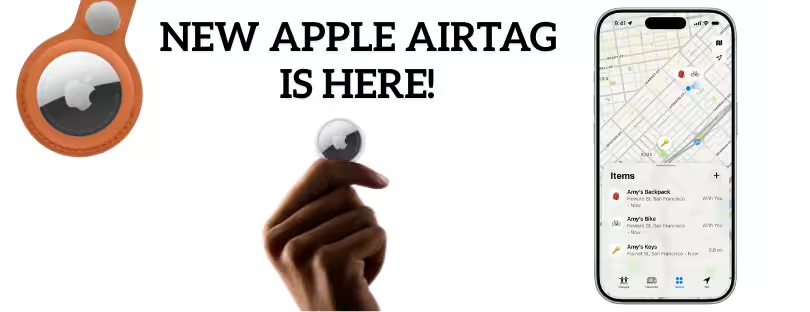
Studies Show Excessive Smartphone Use Ruins Relationships: More phone, less sex
In the modern world, technology has become an integral part of our daily lives, influencing how we communicate, work, and even form romantic relationships. According to a research brief by the Institute for Family Studies (IFS), the advent of technology, particularly online dating platforms, has significantly impacted the dynamics of relationship formation. People who spend too much time on their smartphones are more likely to worry about divorce than those who do not. This phenomenon, known as “phubbing,” also increases feelings of ostracism and reduces trust. Technology and Relationships
Smartphones and social media were supposed to bring us closer together. But the more we learn about their effects, the more we see that these tools come with a price. Research by Jean Twenge and others has shown that teens who use social media excessively are more likely to experience depression, anxiety, and sleep deprivation. Recently, U.S. Surgeon General Vivek Murthy issued an advisory warning that social media are causing a profound mental health crisis among
America’s children.
Demographics Technology and Relationships
Researchers observed that the potential for divorce is four times more likely for couples with a phone problem than those without. The statement holds true after controlling for variables such as age, race, sex, education, and income. Excessive smartphone use is more likely to lead to inquiries with law firms such as Nussbaum Family Law.
It’s not as if the phubbees don’t complain. About a third (37 percent) claim they want to engage with their significant other more, but they’re on their phones. The incidence of dissatisfaction is even higher among low-income spouses, where 44 percent are not happy about being ignored.
Unsurprisingly, younger couples report the effects of smartphone use on their relationship more than older ones. Approximately half (44 percent) of spouses under 35 express complaints about phubbing compared to about one-third (34 percent) in the 35-55 age range.
Online Dating: A Popular Avenue for Meeting Partners
The IFS study reveals that online dating has become one of the most popular ways for couples to meet. In fact, it has surpassed traditional methods of meeting partners, such as through friends, family, or at work or school. This trend is particularly pronounced among heterosexual couples.
Factors such as accessibility, convenience, and the ability to connect with a wider pool of potential partners have contributed to the rise in popularity of online dating. Moreover, dating apps and websites cater to various preferences and lifestyles, making them appealing to a diverse range of individuals.
The Influence of Technology on Relationship Quality and Stability
While online dating has altered how people meet, questions remain about its impact on relationship quality and stability. The IFS research brief suggests that couples who meet online do not necessarily have poorer relationship outcomes than those who meet through traditional avenues.
However, the study also notes that certain aspects of online dating—such as the emphasis on physical attractiveness and the ease of engaging in simultaneous conversations with multiple potential partners—could potentially contribute to lower relationship satisfaction and stability.
Moreover, excessive phone usage is linked to greater worries about divorce. About a quarter of couples who lack control over their phones (26%) say their marriages may end in a divorce in the near or distant future. Among couples without a phone issue, only 7% say they are pessimistic about their marriage.
The link between smartphones and relationship quality remains significant in a multivariate model controlling for a range of factors such as age, gender, race, education, income, and whether couples have children. Holding all these factors constant, couples who experience phone distractions are about 70% less likely than other couples to be very happy with their marriage.
Moreover, the odds of a future divorce perceived by these couples are four times higher than it is among couples who do not have a phone problem.
Two things may be contributing to lower marital satisfaction among couples who have a phone problem: less sex and fewer date nights. Fewer than half of these couples (44%) have sex once a week or more often, and about 1 in 5 of these couples (23%) report that either they haven’t had sex at all in the past 12 months (11%) or only once or twice (12%). In contrast, couples with greater control over their phones are more likely to report more frequent sex.
Regular date nights are linked to happier marriages. Couples where one spouse is often on the phone, however, are less likely to go on dates. Nearly 6 in 10 of these couples (58%) say that they either do not have date nights or only have a date night a few times a year, compared to 48% of couples who do not have a phone problem.
Implications and Future Research Technology and Relationships
The findings of the IFS research brief highlight the transformative role of technology in relationship formation. As online dating continues to grow in popularity, understanding its implications on relationship dynamics becomes increasingly important.
Future research could explore various factors that may influence the relationship outcomes of couples who meet online, such as their motivations for using online dating platforms and their specific online dating behaviors. Such insights could inform strategies to enhance the potential benefits of online dating and mitigate potential drawbacks.
In conclusion, while technology has undeniably reshaped the landscape of romantic relationships, its impact on relationship quality and stability is complex and multifaceted, warranting further exploration.













